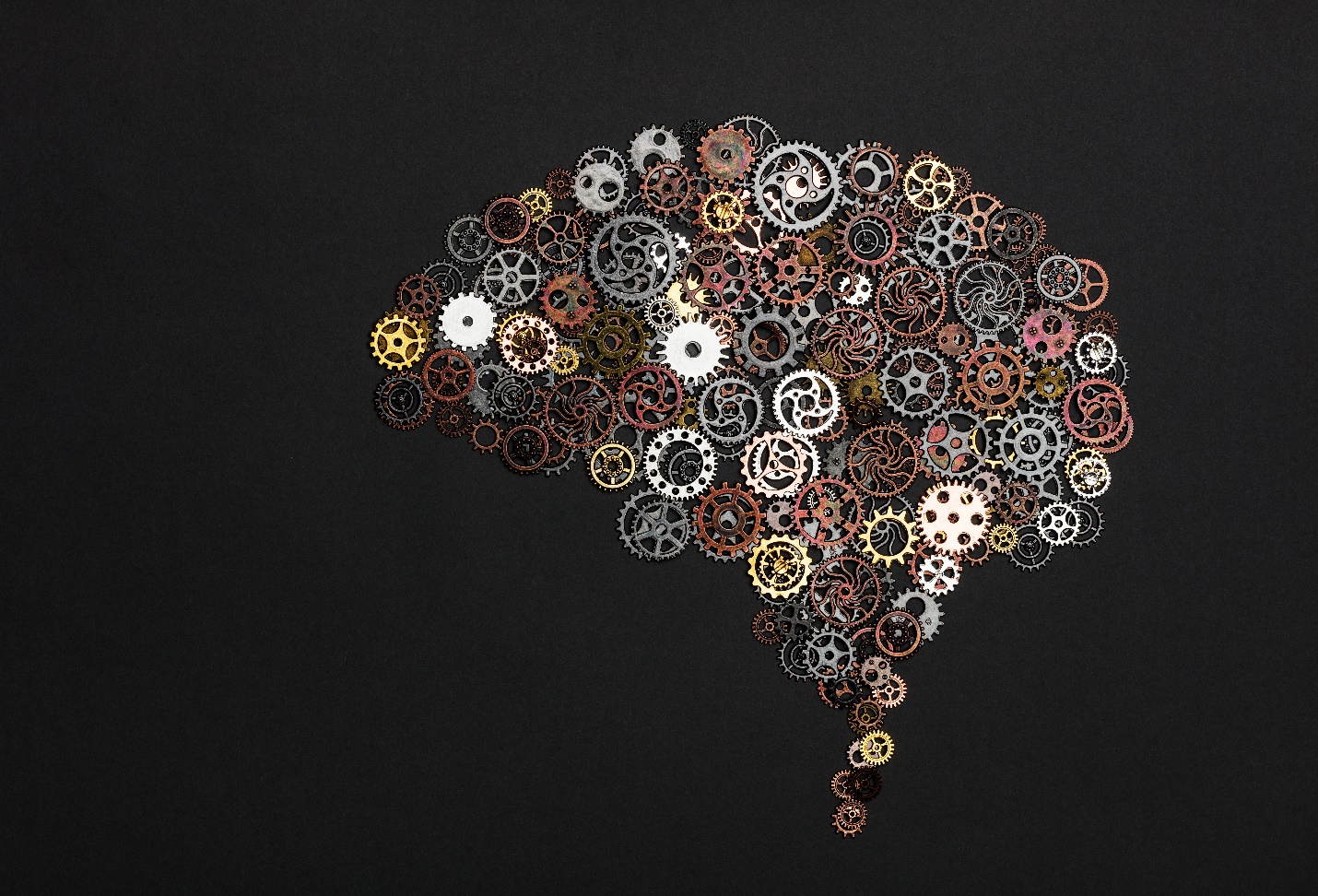How To Rewire Your Brain After Addiction

March 28, 2023
Applaud yourself
Overcoming a serious addiction is a significant accomplishment that takes a lot of hard work, dedication, and perseverance. However, even after you’ve stopped using drugs or alcohol, the brain continues to work in the same way it did before. Your brain craves that given substance, and it takes time and effort to rewire it.
Fortunately, through a process called neuroplasticity, it’s entirely possible to change the way the brain thinks. By following the below tips, you’ll be well on your way to having a healthy body – and mind.
Develop Healthy Habits
The key to breaking the addiction cycle is to create healthy habits rather than destructive ones. A great way to do this is by generating a whole new lifestyle. Start by establishing a routine that includes regular exercise, a healthy diet full of nutrition, and sufficient sleep. These habits will help your brain function better, reduce stress, and improve your overall health and well-being.
Exercise and healthy eating not only release endorphins – natural chemicals in the brain that promote feelings of happiness and pleasure – but can also reduce anxiety and depression, which are common triggers for relapse. Sufficient sleep is also essential as it allows the brain to rest and recharge.
Practice Mindfulness
Mindfulness helps you stay present in the moment by focusing on your “inner self”. Meditation, yoga, and breathing exercises are all examples of how we can find peace within. These practices can help you develop self-awareness and increase your ability to manage emotions.
This will be difficult to do at first, but consistency is crucial. Once you have mastered these holistic techniques, you will be able to observe your thoughts and feelings without judgment. In turn, you’ll be able to respond to your cravings in a positive way.
Avoid Triggers
We all know that triggers are the enemy of living sober. Triggers can be people, places, or things that remind or drive us to use a certain substance. Try to avoid or limit your exposure to triggers as much as possible. If you can’t avoid them completely, try to develop coping skills for substance abuse – like mindfulness – that will help take your mind off those negative urges.

Find A Supportive Community
Recovering from addiction can be challenging, and having a supportive community can make a huge difference. Build a support network of people who understand what you’re going through and can provide you with encouragement, accountability, and motivation. This can be done by joining support groups, attending meetings near you, or even by reaching out to others in an addiction recovery center. By connecting with others, you’ll feel less alone and isolated.
Keep Learning and Growing
In order to be successful in any aspect of life, learning new skills and engaging in new activities is a must. Engage in activities that challenge your mind and promote creativity, such as reading, writing, or learning a new language. When you learn something new, your brain creates new neural pathways, which can help to break old habits and create new ones.
Learning something new can also help to improve your mood, increase your self-confidence, and give you a sense of purpose. For example, learning about the disease model of addiction is a great way to understand addiction at its core. The best way to defeat something is to know all you can about it.
Seek Professional Help
This can include group therapy for substance abuse, addiction counseling, or medication-assisted treatment (MAT). A trained substance abuse professional can help you identify and address underlying issues that may have contributed to your addiction in the first place. MAT can reduce withdrawal symptoms, making it easier for you to stay sober.
Cognitive-behavioral therapy (CBT) is a form of therapy that focuses on changing negative thought patterns and behaviors. CBT can help you identify and challenge the thoughts that lead to addictive behaviors and replace them with more positive, healthy thoughts.
In the end, rewiring your brain after addiction is possible with the right approach and continual effort. By incorporating these tips into your daily routine, you can “retrain” your brain. Remember that recovery is a journey. Addiction is a chronic disease, and it requires ongoing care and attention. Therefore, it’s important to be patient and kind to yourself throughout the process. With the right tools and support, you can ensure a long-lasting recovery and a happy, healthy life.

